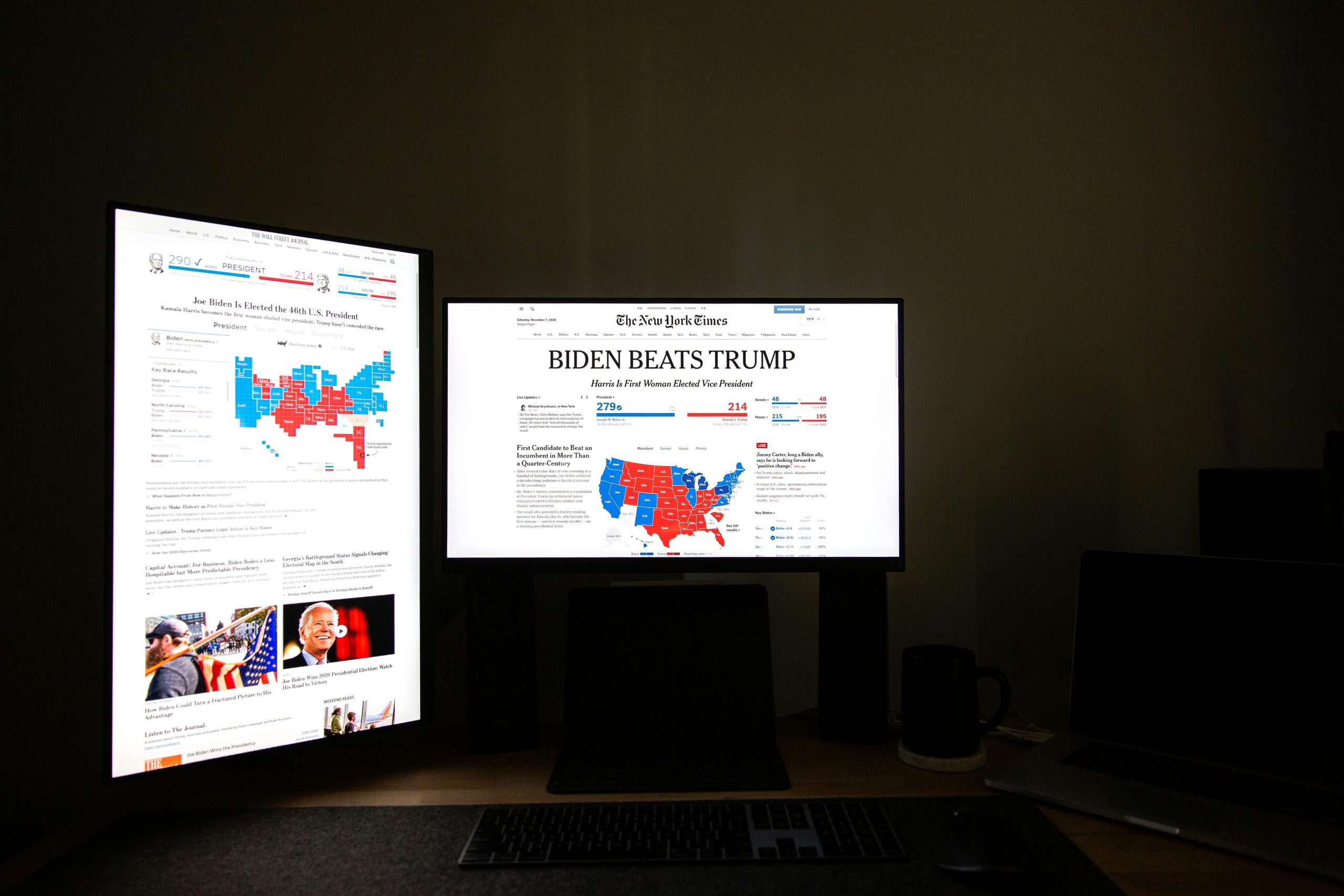Imagining a Nationwide Boycott: Woolworths in the Spotlight
The familiar aisles of Woolworths, a staple for many across Australia, are receiving considerable attention recently due to ongoing strikes at their warehouses in New South Wales and Victoria. This situation prompts an intriguing question: what would happen if we, as a nation, collectively decided to boycott Woolworths for a week, a fortnight, or even a month?
While some consumers have already chosen to shop elsewhere in protest, their isolated actions seem to carry little weight. It’s a strategy with limited impact unless adopted on a massive scale. But think about the potential ripple effect if tens or even hundreds of thousands acted in unison. A significant portion of their customer base withdrawing support could indeed create substantial ripples, potentially driving change.
It’s a thought-provoking scenario to ponder.



The idea of a national boycott of a major retailer like Woolworths, commonly known as Woolies, is indeed a significant proposition that warrants thorough consideration from multiple perspectives. Not only does it involve consumer behavior but also the broader economic and social implications. Here’s a deeper look into what such a boycott could entail and its potential impacts:
Consumer Power and Impact:
Boycotting a retail giant like Woolworths can potentially send a strong message, especially if coordinated on a large scale. As consumers, we do wield power by choosing where to spend our money. A successful boycott could pressure the company to address the issues leading to the warehouse strikes, potentially resulting in fairer labor practices and better conditions for workers. Historically, sustained and well-organized boycotts have brought about significant change, exemplifying the power collective consumer action can have.
Economic Implications:
While a boycott could impact Woolworths’ bottom line, it’s important to consider the broader economic implications. Woolworths employs tens of thousands across the nation, not to mention the network of suppliers, farmers, and small businesses that rely on their contracts with Woolworths. A drastic reduction in sales could have downstream effects, potentially affecting jobs and local economies. It’s crucial to weigh these consequences when considering the ethical dimensions of such collective action.
Alternative Options for Consumers:
If a boycott were to occur, consumers would need to plan alternatives for their groceries and essentials. This might encourage support for smaller, local businesses and farmers’ markets, which can be beneficial for local economies and reduce the environmental impact associated with large-scale supply chains. Exploring community-supported agriculture (CSA) programs or establishing co-ops could also be empowering steps toward building more resilient local food systems.
Engagement and Advocacy:
Beyond a boycott, engagement and advocacy are also powerful tools. Engaging in direct dialogue with Woolworths through petitions, emails, or social media campaigns can amplify the voices of those seeking change. Raising awareness and educating others about the impact of unfair labor practices can bolster support for the warehouse workers on strike.
Long-term Outcomes:
Consider the long-term goals and potential outcomes of a boycott. What changes are being sought? Is it merely resolving the current strike, or pushing for systemic changes in how large corporations treat their workforce? Long-lasting change often requires sustained effort, coalition-building, and policy advocacy, alongside consumer action.
In conclusion, while